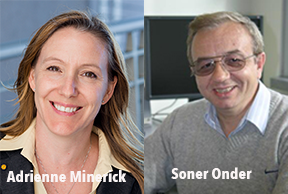
At the annual Michigan Tech Research Development Day, January 9, 2020, College of Computing dean Adrienne Minerick and Computer Science professor Soner Onder were recognized as the top two College of Computing researchers in terms of 2019 research expenditures. Both Minerick’s and Onder’s total 2019 research expenditures exceeded $174K.
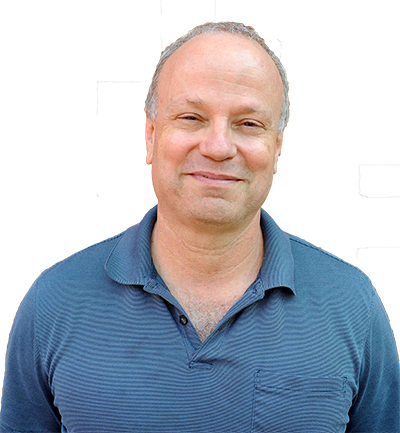
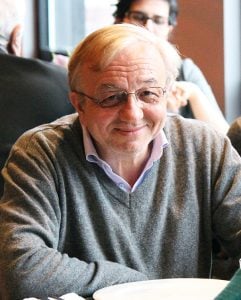
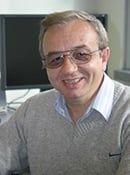
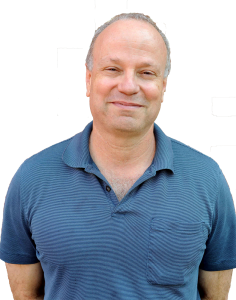



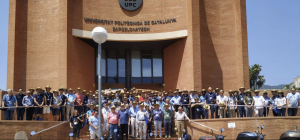
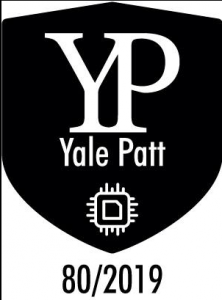
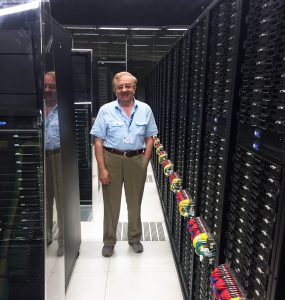

 Soner Onder (SAS, CS) will present a keynote address titled “Form Follows Function: The Case for Continuing ILP and General Purpose Computing Research” at the International Conference on Embedded Computer Systems: Architectures, Modeling and Simulation (SAMOS XIX), Samos Island, Greece, on July 7, 2019.
Soner Onder (SAS, CS) will present a keynote address titled “Form Follows Function: The Case for Continuing ILP and General Purpose Computing Research” at the International Conference on Embedded Computer Systems: Architectures, Modeling and Simulation (SAMOS XIX), Samos Island, Greece, on July 7, 2019.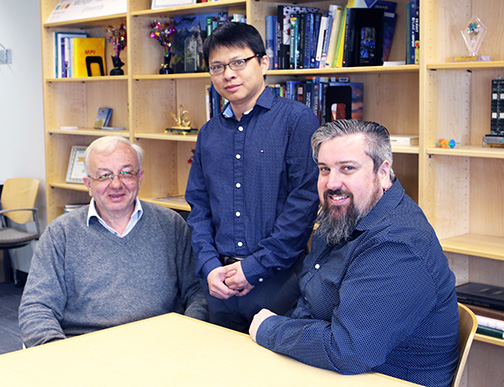 At the annual awards banquet of the Michigan Tech Institute of Computing and Cybersysytems (ICC), on Friday, April 12, three ICC members received the ICC Achievement Award in recognition of their exceptional contributions to research and learning in the fields of computing.
At the annual awards banquet of the Michigan Tech Institute of Computing and Cybersysytems (ICC), on Friday, April 12, three ICC members received the ICC Achievement Award in recognition of their exceptional contributions to research and learning in the fields of computing.